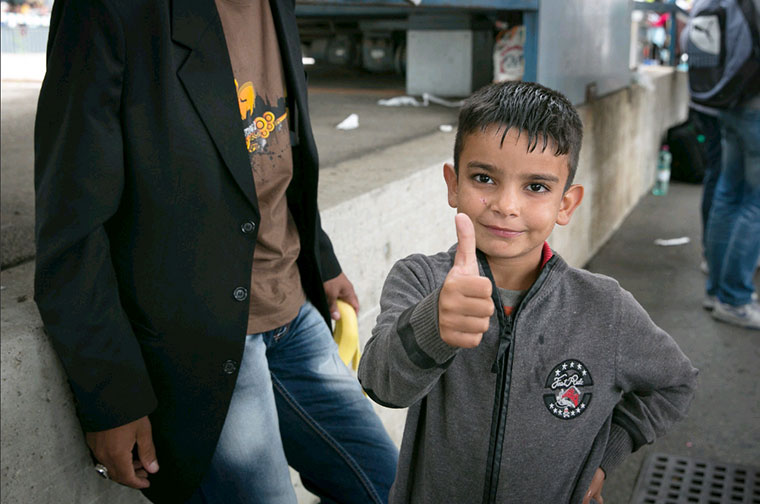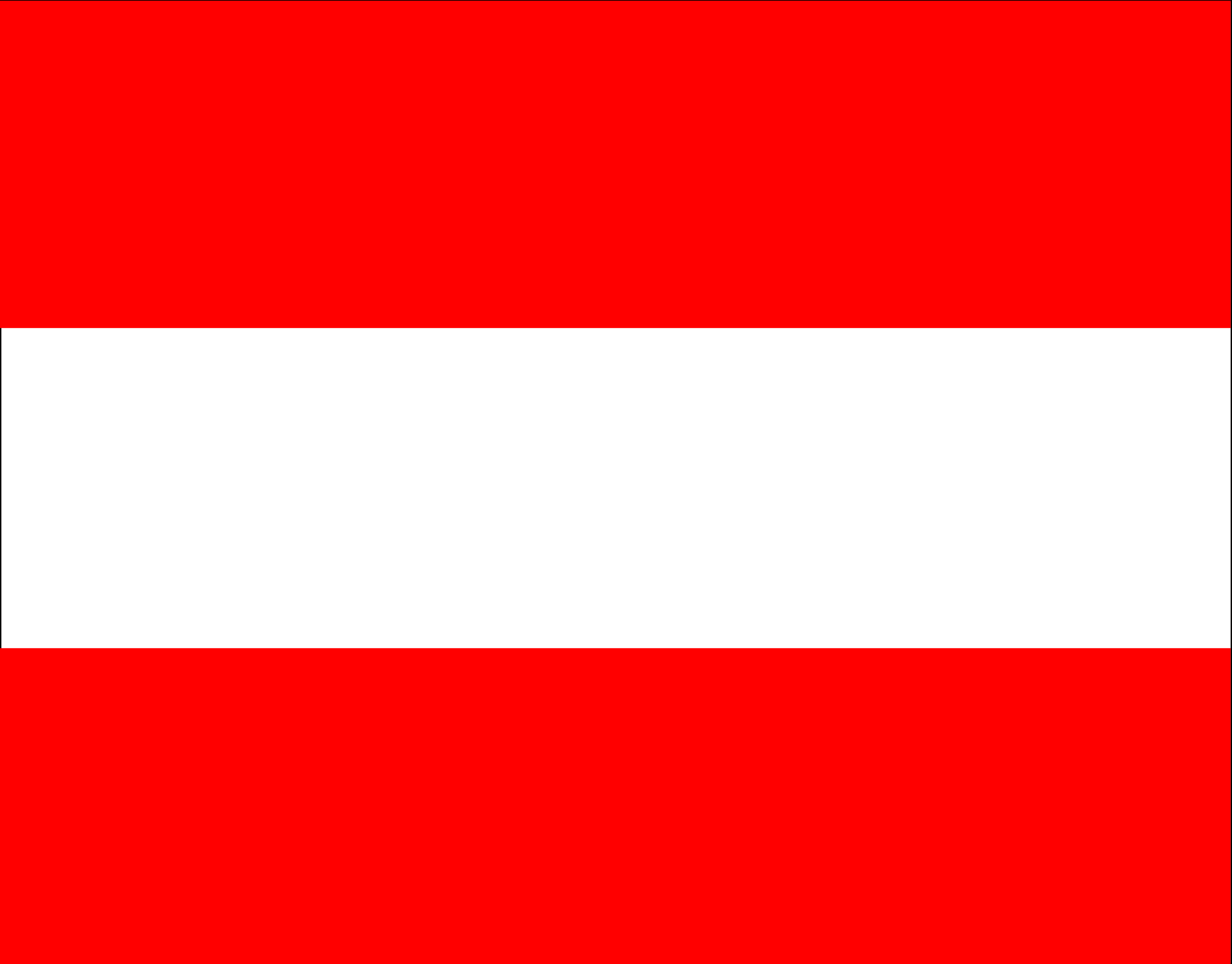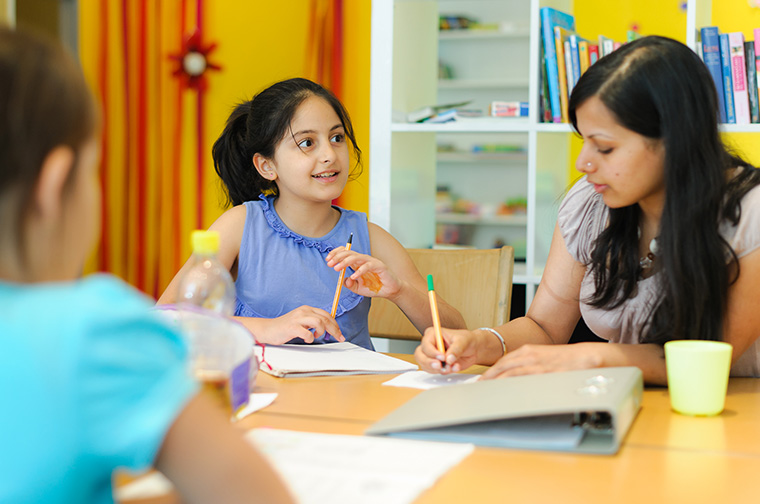How we help
 Greece
Greece
Mohammed, 14yrs – Accommodation, legal and social support at the YSC in Athens
Mohammed* is a 14 year old unaccompanied minor from Syria. After the war broke out in Syria and the many losses that Mohammed’s family faced, he and his remaining older brother decided to leave their home country and travel to Europe. In Europe, they wanted to seek refuge in Germany, where the oldest sister of the family resides. Mohammed and his older brother arrived on the island of Lesvos in Greece. They moved towards Northern Greece and the border area of Idomeni, in order to get to their sister in Germany. In an attempt to cross the borders and move on they lost each other in the havoc. Mohammed had a very good relationship with his brother and he was the only reliable caregiver he had during their search for refuge. After losing his brother the boy was devastated.
When the Youth Support Center team of ARSIS first met Mohammed through a referral from a refugee camp, he had no legal documents, no permanent shelter and no plans for the future. He was further very depressed by the loss of his brother equaling the loss of the last bit of security he had. ARSIS managed to get him legal documents, apply for family reunification with his sister and place him in a shelter for unaccompanied minors. After some time, ARSIS located his brother and together they decided that it was better for them to stay together, and so the boy was accommodated with his adult brother in a refugee camp together. Additionally to that, the young boy received full legal and psychosocial support, practical help (such as escorts to hospitals, services, etc.) and some in-kind support. He also got an affirmative answer on his family reunification and is now waiting for his turn to go through the family reunification system to Germany.
Daha & Hussein, 14 & 12yrs – Social and educational support at the YSC in Thessaloniki
Daha* is a 14 year old girl and her brother Hussein* is 12 years old. After a long journey they finally reached Thessaloniki together with their father Mahmut* in 2016. The Social Service staff of the Youth Support Center welcomed them and identified their specific needs. Daha stopped school two years ago because of the war. Back then she had to take on the role of the mother and most of her time she spent housekeeping. Daha was sad, anxious and disappointed with her situation. Her sadness stemmed not only from the abrupt end of her studies and the chase of her dream to become a doctor but also from the sudden disappearance of her mother who was lost during their trip. Also Hussein showed frustration, didn’t like to go to school and his only interest was to play games on the phone on his own.
 © Caritas Internationalis
© Caritas Internationalis
Mahmut, the family father, had a serious problem with his leg which strongly impeded his mobility outside of the house. He seemed anxious about his wife and their future in Thessaloniki. The family was referred to the psychologist of the YSC as well as to the street work team in order to enroll the children in school. The children started going to school and were provided with the necessary school equipment. After a few days first changes were visible. Daha was happier after every class and also Hussein left the phone at home, attentively sticking his nose into the books rather than the mobile device. Their interaction with children of other nationalities gave them the opportunity to benefit from a refreshing surge of energy.
During this period, the family learned that the mother was already safe in Sweden and that she already initiated the family reunification procedure. Both children asked to join the Swedish class in order to be ready for their new life reunited with their mother. Daha even started to dream about her career as a doctor again and specifically expressed her wish to become a pediatrician. Getting in touch with his wife anew gave Mahmut the optimism and energy to plan the family’s final trip after a long and difficult odyssey. At this moment, the family is finally reunited in Sweden.
James, 21 yrs – Psychosocial support for victims of torture (VOT) in Thessaloniki
James* is 21 years old and comes from Sierra Leone. He lives in an open facility for refugees – in the broader area of Thessaloniki – with his wife and their baby. He was referred to the Victims of Torture program by the social service of ARSIS in September 2019, as they immediately identified him as a victim of torture. According to the referral, James needed psychological and psychiatric support. The social worker of VOT program had a first meeting with him in order to explore his social history and evaluate his needs. Then, the social worker discussed the case with the coordinator (Clinical Psychologist) and they booked an appointment for him with the psychologist of the VOT team. James had never spoken to a psychologist or a psychiatrist before (he had been in Greece for seven months at this time). The psychologist met him and noticed that he was in extreme distress: he had sleeping problems, loss of appetite, feelings of depression, a history of suicidal attempts and psychotic symptoms (hearing voices and visions). All his symptoms were the result of past traumatic experiences including tortures by conflict actors, physical and sexual abuse and loss of family members.
Through a collaborative and meaningful discussion, the psychologist agreed with James on weekly sessions orientated to empowerment, counselling and support. Moreover, James consented to start taking medication with the psychiatrist’s support. After a two months period, his clinical picture had been remarkably improved. According to his own words, he could sleep better, was more active and less depressive, had fewer psychotic symptoms, no suicidal attempt and even had started making plans for the future. At this point when James felt stable, he met the social worker for job counselling and further psychosocial support on education issues. The total intervention of VOT program seems to be therapeutic for young man. The stability (weekly sessions), the multidisciplinary and holistic approach, the provided safe space to talk, the psychiatric intervention and the overall psychosocial support had been very helpful for James and his young family.
Tamina, 32 yrs – Psychosocial support for victims of torture (VOT) in Thessaloniki
Tamina* is a 32 year old single mother from Iraq. She is currently accommodated in an apartment with her two daughters. Tamina has been psychologically supported by a psychologist of the Greek Refugee Council for almost a year before she was referred to the VOT program of ARSIS by her psychologist. The mother of two was a victim of physical abuse by civil actors in her country of origin. ARSIS’ social workers met Tamina in order to explore her social history and evaluate her needs further. When the social worker discussed the case with the coordinator (Clinical Psychologist), they agreed that beside her need of meeting a psychologist and continue the counselling process, she needed a legal aid session as she was very stressed about her upcoming interview at the asylum service. Moreover, they assessed that Tamina needed further activities for social integration and empowerment as she was a single mother with a poor social network. The psychologist did not notice any severe clinical symptoms, which was probably because the women had attended multiple counselling sessions in the past.
Besides the counselling, a weekly meeting with the psychologist was agreed on. So, although the counselling process did not target to the past traumatic experiences, as this was not the beneficiary’s request, the VOT team assessed that the empowerment of this woman would help her recovery process further. Taking into consideration the above-mentioned idea, Tamina had a legal aid session where she could be informed thoroughly about the upcoming interview process. Moreover, the social worker focused more on her social integration and she invited her to an open activity where a film festival took place and she immediately responded to the invitation. Additionally, she and her children were invited to further events and activities provided by the VOT program which they all attended. This gave them the opportunity to meet new people and start building a social network. The total intervention of the VOT program seems to be very helpful for Tamina, as it regarded her requests and responded in the most appropriate way. In this case, the fundamental overall psychosocial support and the multidisciplinary and holistic approach of the VOT program were most helpful.
 Austria
Austria
Awini, 6yrs, learning support and promotion of independence at the “Lerncafé Mittersill”
Awini* came from Iraq to Austria during the Iraq war. When she first visited the “Lerncafé” Awini was very shy, kept hiding behind her big sister and was utterly dependent on her. Her German language skills were very poor and she had no confidence in her own abilities. Thanks to the great cooperation between the “Lerncafé” staff and the two young girls, Awini managed to open up and now seems much more comfortable within a group of people. Today, Awini is outgoing and communicative, has the courage to share her opinions, is laughing a lot with the other children and the volunteers and is always eager to do her homework and exercises right. But most of all, Awini got much more independent and doesn’t need her big sister to constantly assist her anymore. Even more than that: There are already some tasks where Awini fully refuses the support of her sister and insists in doing them on her own.
Karim, 12yrs – Learning support at the “Lerncafé Nenzing”
Karim*, aged 12, has been attending the “Lerncafé” in Nenzing since it has opened its doors to the children in 2017. He attends a 7th grade German tutoring class in a Special Education Center. When Karim came to the “Lerncafé” for the first time for a trial day it quickly became obvious that he needed support with his studies but also with his social interactions. The “Lerncafé” staff identified one of the highly engaged volunteers, who immediately started to study with Karim. Karim instantly showed that he liked to learn and study and it was obvious which areas are his strong suits and where he needed additional support.
Now Karim enjoys coming to the “Lerncafé” and feels at ease there. The exchange with his school teacher is important and helpful when tracking his progress. In this vein, study goals have been set and a special education plan was elaborated so that Karim could no longer avoid learning German. This education plan gave Karim and the volunteer a clear framework for their studies. Since he started visiting the “Lerncafé”, Karim has made a great progress in his education as well as in his social skills.
In the long run and following his new path, Karim may even manage to leave the Special Education Center and to continue his studies in a regular Middle school. He likes to write stories on his own and practices a lot and voluntarily. He gets along with the other children at the “Lerncafé” well. This is also an improvement for him even though he remains skeptical about every new acquaintance he makes.
 © Christian Dusek
© Christian Dusek
Mina, 12yrs – Learning support and afternoon care at the “Lerncafé Herzogenburg”
Twelve year old Mina* came to the registration interview in 2017 with her single father. Her father holds the sole custody; there is no contact to the mother. Noticeable was that Mina nearly didn’t speak to anybody, had poor grades in school and showed little motivation in doing her homework or in preparing for tests and exams. During the few months, the staff of “Lerncafé Herzogenburg” was able to build a relationship with the young girl and she learned to open herself up to other people. Since then, Mina is actively demanding learning support, developed to being a hard working student and managed to end the school year with positive grades. All of this enabled her to move up to the next school level. The staff of the “Lerncafé Herzogenburg” is delighted by her success and from time to time you can even see a shy smile on Mina´s face.
Lamia, 9 yrs – Learning support at the newly opened Lerncafé Feldkirch, Vorarlberg
On the recommendation of the class teacher, the single mother of nine year old Lamia* asked for a place at the Lerncafé in June 2019. Since the Lerncafé Feldkirch opened in September, the young student has been coming on a regular basis. She has severe learning difficulties, especially in mathematics. The student attended the preschool class and therefore already has an additional school year in her educational career. Therefore her class teacher wants to avoid another school year for Lamia. A personal conversation with the teacher showed how much hope she is placing in the Lerncafé, emphasizing that it was the only chance for Lamia to pass the school year. In addition to her learning disability, the student has great difficulty concentrating on a task for a long time. Especially in the first few weeks, the Lerncafé-Team worked with a lot of Montessori-material to illustrate the homework for her. In addition, short breaks were repeatedly used, so that the student can concentrate again. Thanks to those measures, progress in concentration and speed has been observed since September in the girls work. Lamia will continue visiting the Lerncafé twice a week in order to develop her skills and finish the school year positive.
Suzie, 8yrs – Empowering young girls at the Lerncafé Concordia in Carinthia
Suzie*, an eight year old girl from Nigeria and her brother have been attending the Lerncafé since the PIER II Program in 2018. The young girl had an enormous reading disability and was sometimes also very socially striking. She was mostly withdrawn, but often lost her temper when playing together with other kids especially when she didn't win. Suzie told the Lerncafé team that because of her skin color she gets teased time and time again at school - a sad fact that was also confirmed by her teachers. The class teacher further diagnosed the girl with dyslexia and, with the support of the Lerncafé-Team, was able to convince Suzie’s mother that the girl should repeat the second class in order to remedy the existing deficits. Since the school year 2019/20 the girl visits the Lerncafé without her brother. Not feeling watched by her brother anymore during work already had a very positive effect on the girl’s behavior. She made friends with the other girls in the Lerncafé, plays with joy and has become a very bright child. She also feels welcomed very well in the new class and it everyone can clearly see that Suzie now has much for fun and joy during the learning time at the Lerncafé.
* The beneficiaries’ names have been changed to protect their personal privacy